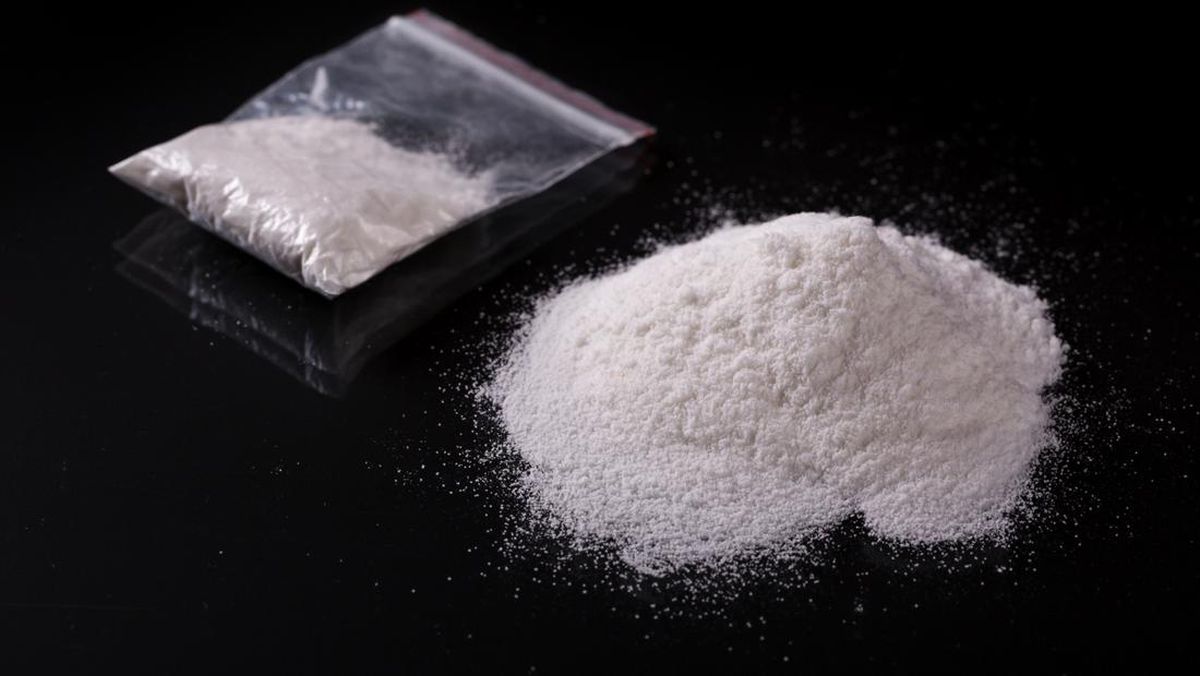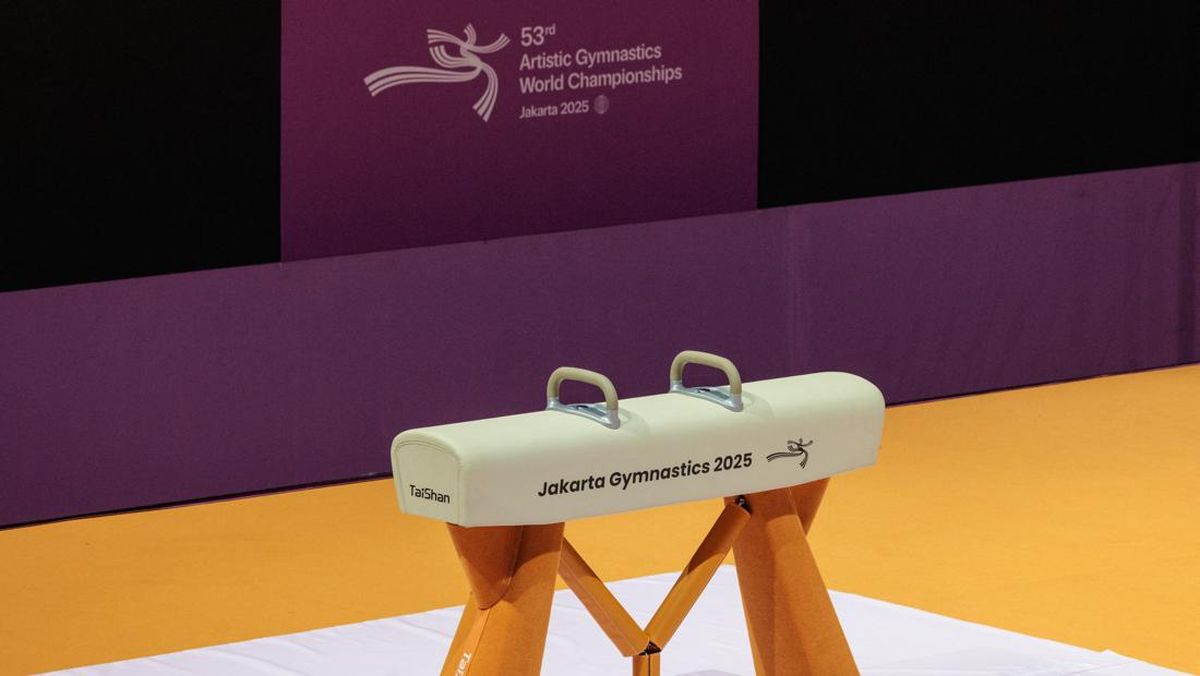I’m 24 and just inherited $300,000. Should I clear my HECS, or invest it?
Opinion
October 19, 2025 — 5.08am
October 19, 2025 — 5.08am
I’m 24 and just received a $300,000 inheritance from my father. I have $130,000 in HECS debt and will be starting a $100,000 job next year. What’s the best way to invest the inheritance, considering my debt and income situation?
I wouldn’t be in any particular hurry to clear your HECS debt given the interest rate applied is only the inflation rate, which is currently less than 3 per cent.

Deciding where to put your inheritance when you’re young can be a tricky decision.Credit: Simon Letch
To answer your question, what is required is clarity on your goals. This is because time frame plays a key role in managing risk. If your aim is to buy a home in the next year or two for instance, then the most appropriate investment is probably a high interest cash account.
Perhaps however, you already have your housing sorted, and instead you’re looking to invest this money for the long term, to provide options in the future. Were that your goal, then a growth-oriented investment portfolio would likely be the way to go.
You could potentially automate monthly additions once you begin your new job, which is a great way to build wealth.
Given your age, I would not suggest boosting your super. You would lose access to your money for a long time. An exception would be if you intended to use the First Home Super Saver scheme.
Hello Paul, I am 62 and will retire in three years. I want to buy a property to live in and can afford to get a two-bedroom unit. However, if I borrowed a few hundred thousand, I could get a three-bedroom townhouse or maybe even a small house. If I went down this path, I’d clear the loan upon retirement by drawing from my super. My super balance at retirement would then be around $450,000.
Am I best off getting a better property and having less super, or trying to keep as much super in the kitty as possible and settling for a lesser property?
Once retired you need income, so I would have thought the best approach is to maintain as much in super as possible. This therefore would mean purchasing the cheaper property.
There are a few caveats here, though. Firstly, will you be happy in the smaller property? Is the smaller property big enough for your needs, and in a neighbourhood where you would feel safe and included?
Loading
There’s no point buying a bigger property than you need. It’s just more to clean. But if you need to spend a bit more to be in a property that will suit your needs for the next 30 years, then that may well make sense. Property transaction costs are high, so where possible you want to try and avoid moving too often.
There is also a modest benefit in choosing a higher-value home. Funds used for your principal residence are exempt from the age pension means test, so a larger home purchase could result in a higher age pension entitlement.
You could then potentially utilise the government’s Home Equity Access Scheme later in life if liquidity became a problem. This allows you to draw an extra amount of income, a boost to the age pension effectively.
The amount paid out is accrued as a loan, with no regular repayments required. The loan gets repaid when the property is sold, usually either when you enter aged care or pass away. At present, the interest rate is only 3.95 per cent, so it’s a very attractive way to access equity in your home.
Paul Benson is a Certified Financial Planner at Guidance Financial Services. He hosts the Financial Autonomy podcast. Questions to: [email protected]
- Advice given in this article is general in nature and is not intended to influence readers’ decisions about investing or financial products. They should always seek their own professional advice that takes into account their own personal circumstances before making any financial decisions.
Expert tips on how to save, invest and make the most of your money delivered to your inbox every Sunday. Sign up for our Real Money newsletter.
Most Viewed in Money
Loading


















































